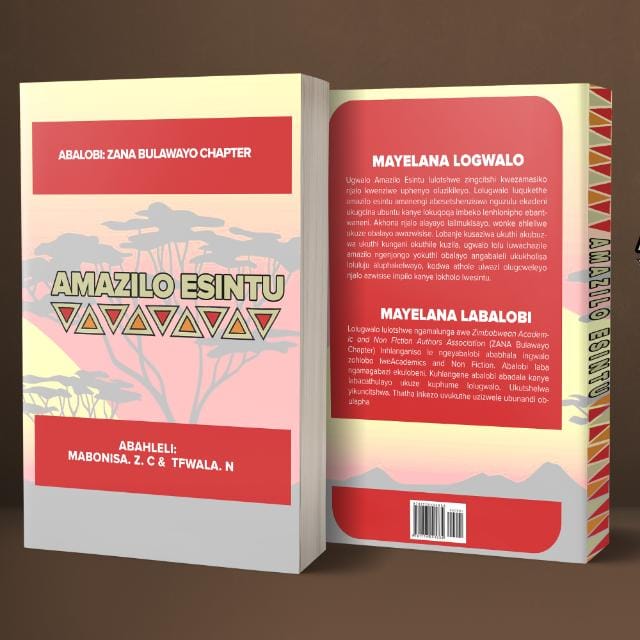Clive Thabo Dube
The African way of life has ever been embodied with Amazilo (Taboos) that have been with us for decades especially in the Ndebele culture on one hand and other African cultures on the other, to govern society and binds its members.
Taboos in simplest terms protects us from dangers as they are meant to prohibit or forbid certain behaviors which are deemed unacceptable within the society based on ethics and morality.
Cultural taboos go hand in hand with culture, are also that one feature which stands out in the African Traditional Religion (ATR) and these are used to further explain life phenomenons and the super natural in the African societies. Taboos are mostly taught when one is still young with the teachings being passed mostly from grandparents.
Sometimes they can be learnt during traditional ceremonies, but mostly they are learnt on a daily basis.
Examples of popular taboos include, the use of illegal drugs, alcohol or taking hot tea during pregnancy. This is to protect the foetus from health complications. Secondly there is bestiality (sex between a human and an animal). Thirdly, cannibalism where a human being eats the flesh of another human being and there is incest (sexual relations between close relatives) amongst others.
When we cross over to the academic world, Amazilo can be described as Indigenous Knowledge Systems (IKS) which has moved up the academia hierarchy. The IKS has been strongly considered by today’s world to be able to solve all our problems. This is because the IKS method is not expensive, it is readily available to use at any time.
However in Africa, most people have done away with the cultural taboos and have embraced Westernization. This is due to colonialism, introduction of science and technology which has diluted the African culture, minds and religion of the continent.
The colonizers brought Christianity which bars same gender relations but in the disguised name of ‘human rights and modernity”, ironically the same (Lesbianism and Gaysim) has been embraced and is being forced to be embraced. Such uncouth behaviors has creeped into Africa and enshrined in the Constitutions of some countries particularly in South Africa.
Zimbabwe Academic and Non-Fiction Authors Association (ZANA) recently launched a book titled “Amazilo Esintu” in the City of Kings and Queens which seeks to unravel the hidden meaning behind the taboos and bring back to light yesteryear’s religion, culture and norms.
Zibusiso Condry Mabonisa, Chairperson of ZANA Bulawayo Chapter said,
“People have been given wrong information to shun away from their culture in the name of civilization, however, slowly people are realising that civilization was just introduction of a foreign culture to Africa.”
“The wisdom in them (taboos) provide solutions to our health, social, religious problems.” Zibusiso told Zim GBC News
One of the co authors Vongai Monica Mujakachi added that,
“Amazilo protect us from dangers and to keep ethical morals, for an example, kuyazila ukukhombela umuntu omdala ngomunwe ,(it is forbidden to point a figure at an elderly) it is to stop us from disrespecting our elders.”
It is unfortunate that the teaching of taboos, amazilo, is looked down upon by the nowadays parents who have embraced westernisation through Television programs as well as the internet.
Instead of engraving the teachings of amazilo into the child’s mind, the parents are actually rendering useless the meaning of taboos within society.
There is need to bring back Pan Africanism and revive the African Culture. This can only happen if the Primary School curriculum is flooded with such teaching.


